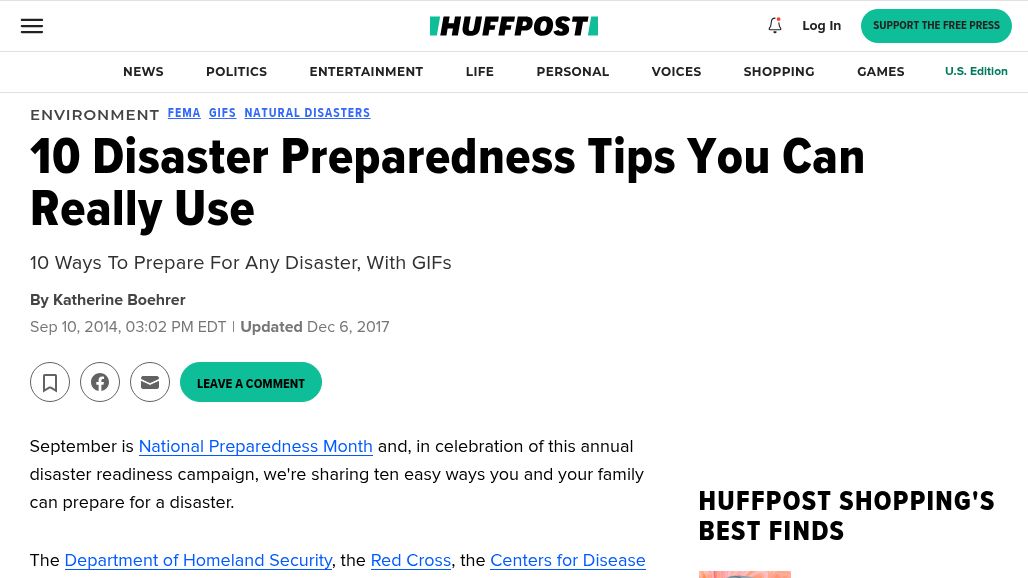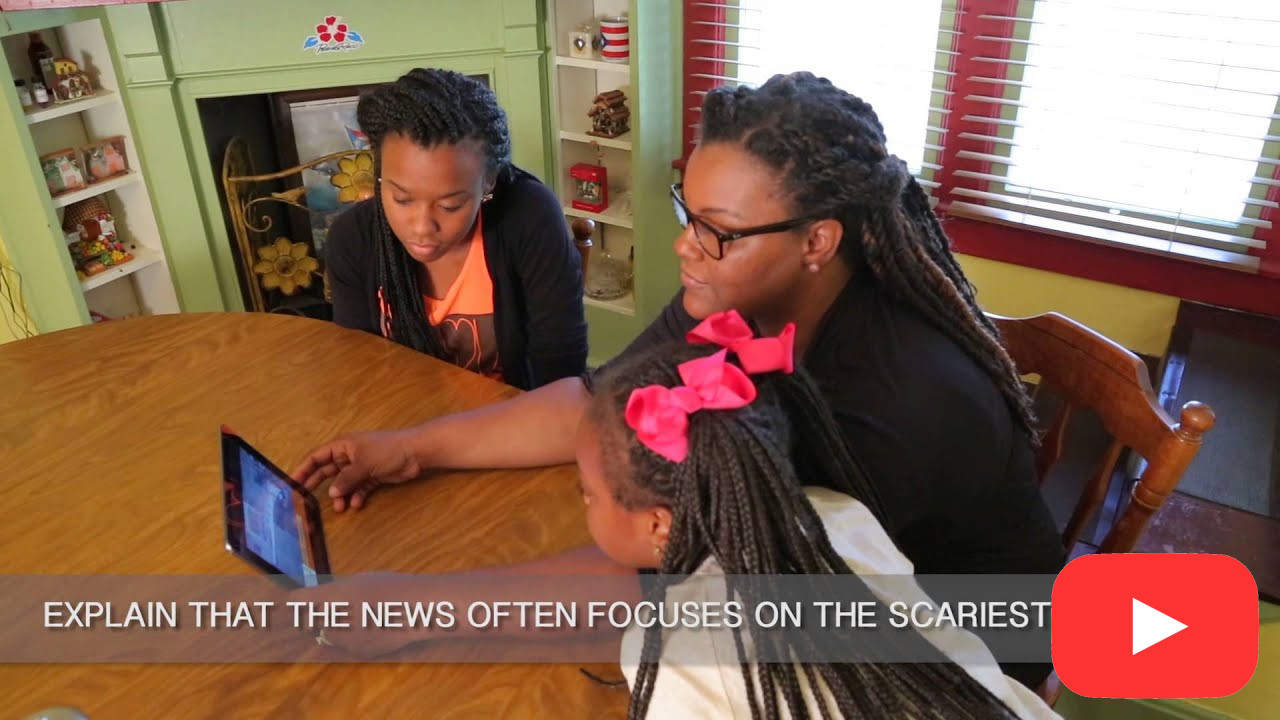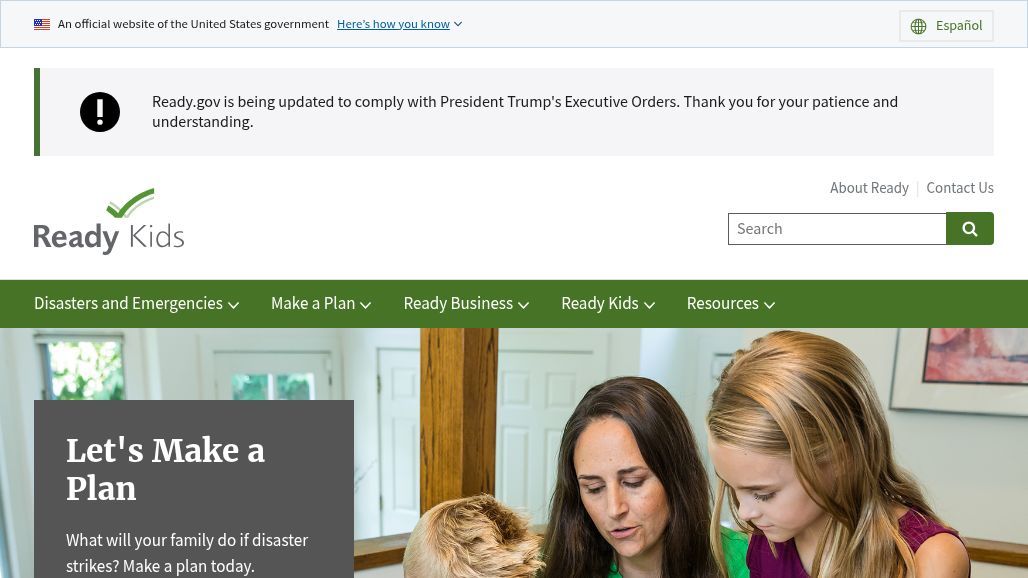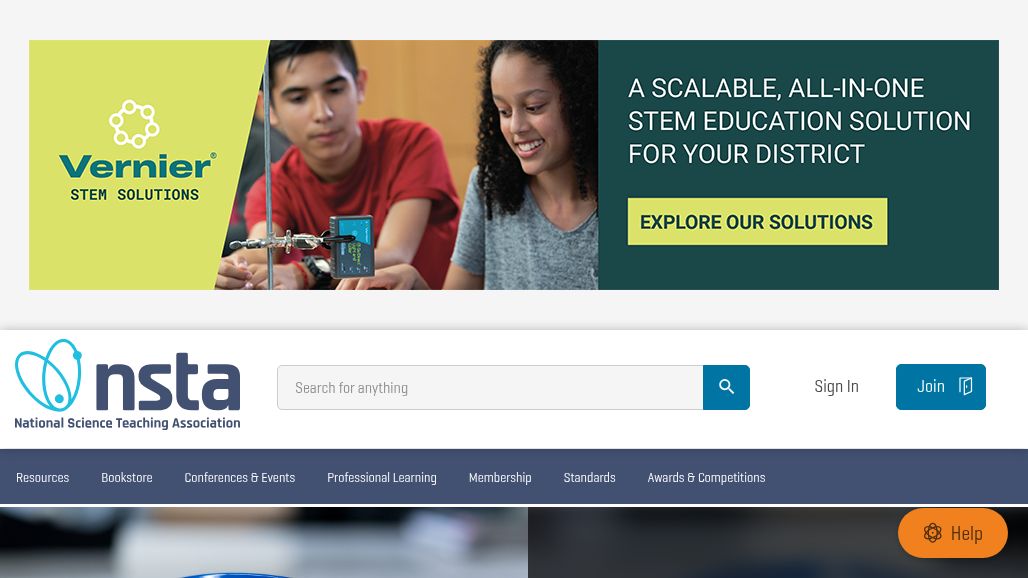As events have shown, it is usually a matter of when something will happen, not if. Being prepared is always a good option.
Michael Gitter, LCSW, clinical case coordinator at Mountain Crest Behavioral Hospital in Fort Collins, provided tips for helping kids cope with their fears and concerns during the High Park Fire 2012.
His suggestions for helping kids can be applied to many emergency situations…
- They are safe. There lives are not in danger. It may take a while to sort things out.
- Provide a sense of consistency and stability, as best you can. “Things will get back to normal.”
- Letting them speak. Ask them open ended questions. Address their fears.
Videos of volcanic eruptions, floods, earthquakes, fires, and the like can provide enriching data and heighten interest, but they can also stimulate anxiety in some students. Taking a few minutes to “check-in” after completing the lesson is a good idea.




